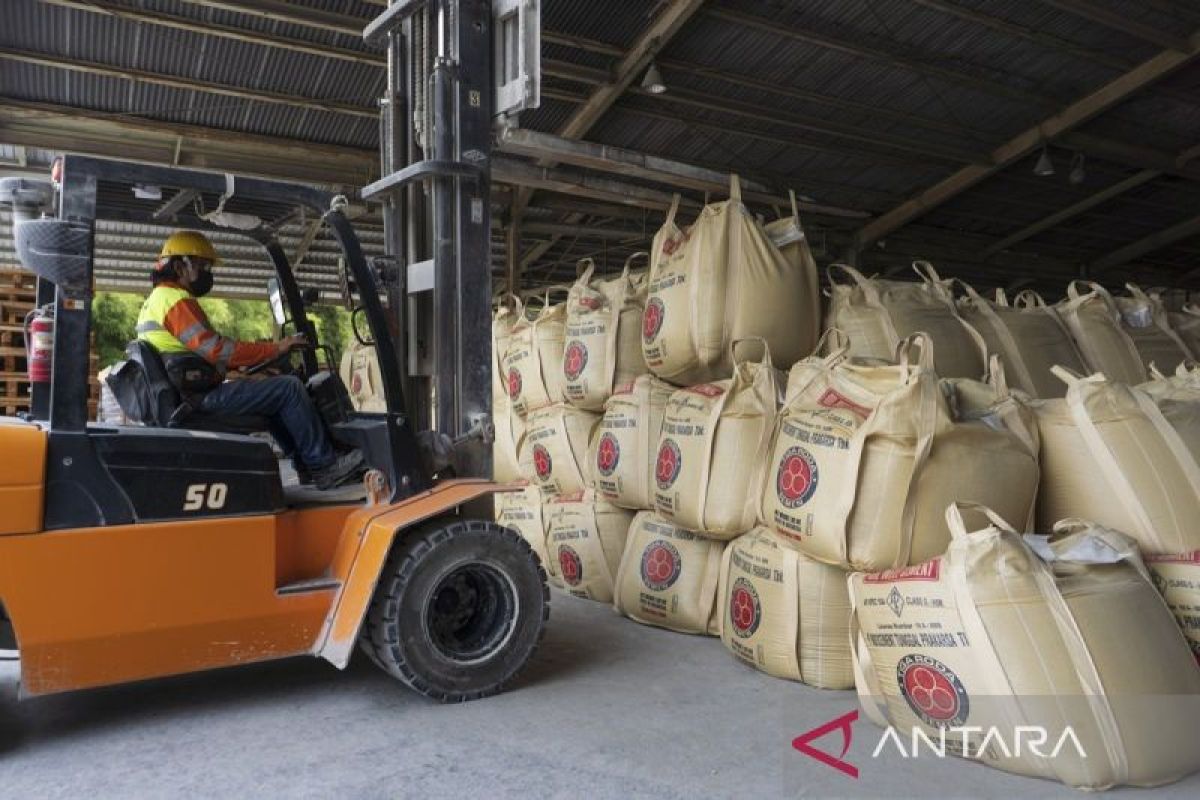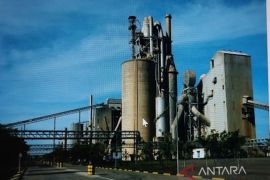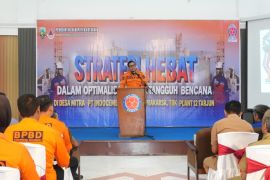Kotabaru, South Kalimantan (ANTARA) - Cement industry PT Indocement Tunggal Prakarsa Tbk had recorded a total sale of 20,496 thousand tons of cement and clinker in 2024 or higher by 1,150 tons or 5.9 percent compared to 2023.
Indocement Corporate Secretary Dani Handajani said in total the domestic market share was 29.7 percent with Java (37,8 percent) and outside Java (21,1 percent) according to the Cement Association of Indonesia's (ASI's) data.
"Composition of domestic bulk cement sales increased from 26.7 percent to 31.7 percent in 2024 due to cement supply to the new capital city project and acceleration of infrastructure projects in Java," said Handajani when confirmed in Kotabaru, Tuesday.
While its export sales was 317 thousand tons and the company's net income reached IDR18,548,7 billion or increased by about 3.3 percent.
Read also: Indocement controls 29.7 percent Indonesia's cement market
Read also: Indocement records 2023 sales of 19.3 million tonnes
Cost revenue decreased by around IDR12,487,8 billion or 3.2 percent in line with the increase in sales volume. This resulted a gross profit margin of 32.7 percent during 2024.
Operating expenses which increased by 2.7 percent to IDR3,725.1 billion came from the increase in sales volume and other costs from expansion of operation in Grobogan, as well as a decrease in other operating cost-net by -6.4 percent to IDR57.6 billion, making profit margin was 12.9 percent and EBITDA was 21.2 percent in 2024.
Financial Income-Net which was lower by -188.4 percent to -IDR74.9 billion was due to interest expenses from PT Semen Grobogan's debt.
He acknowledged that weak cement demand will continue until early 2025 due to the rainy season and entering the fasting month. However, his party still estimates the possibility of positive demand of 1-2 percent, despite the reduction in the infrastructure budget during 2024.
"We also see that ongoing infrastructure projects will still be completed, including several new and existing projects from the commercial and industrial sectors," said Indocement Corporate Finance Manager David Halim.
He explained that government programs such as the extension of VAT discounts for new home ownership, the three million homes per year program, and school renovations should be positive drivers for cement demand.
During this challenging time, he said, we are emphasizing cost control policies, identifying areas where costs can be reduced without sacrificing quality and service.
Increasing the use of alternative fuels and alternative raw materials is also one of the main initiatives in 2025, especially for the Grobogan plant and the leased plant in Maros. This policy is not only beneficial for the environment but also economically.
Read also: Indocement pays Rp308 billion in dividends







